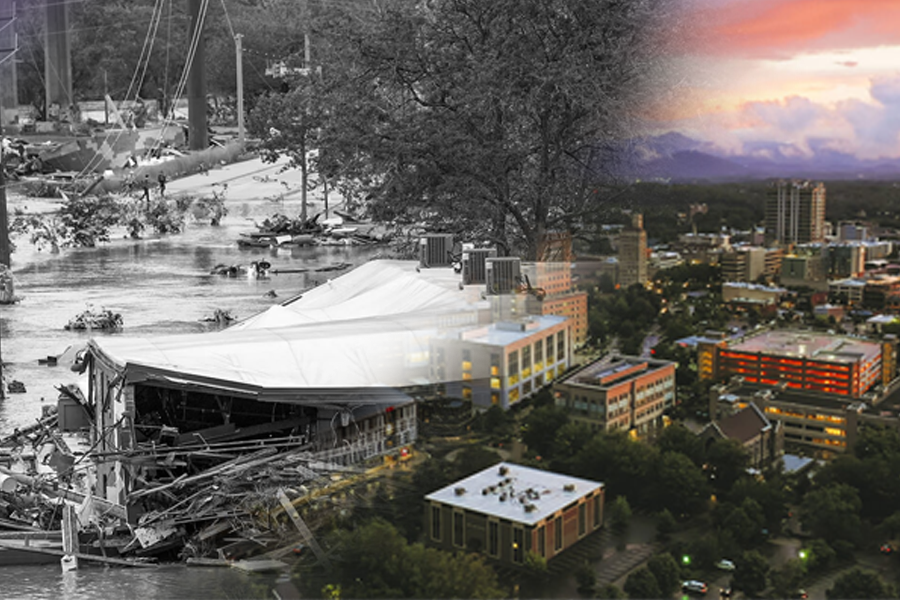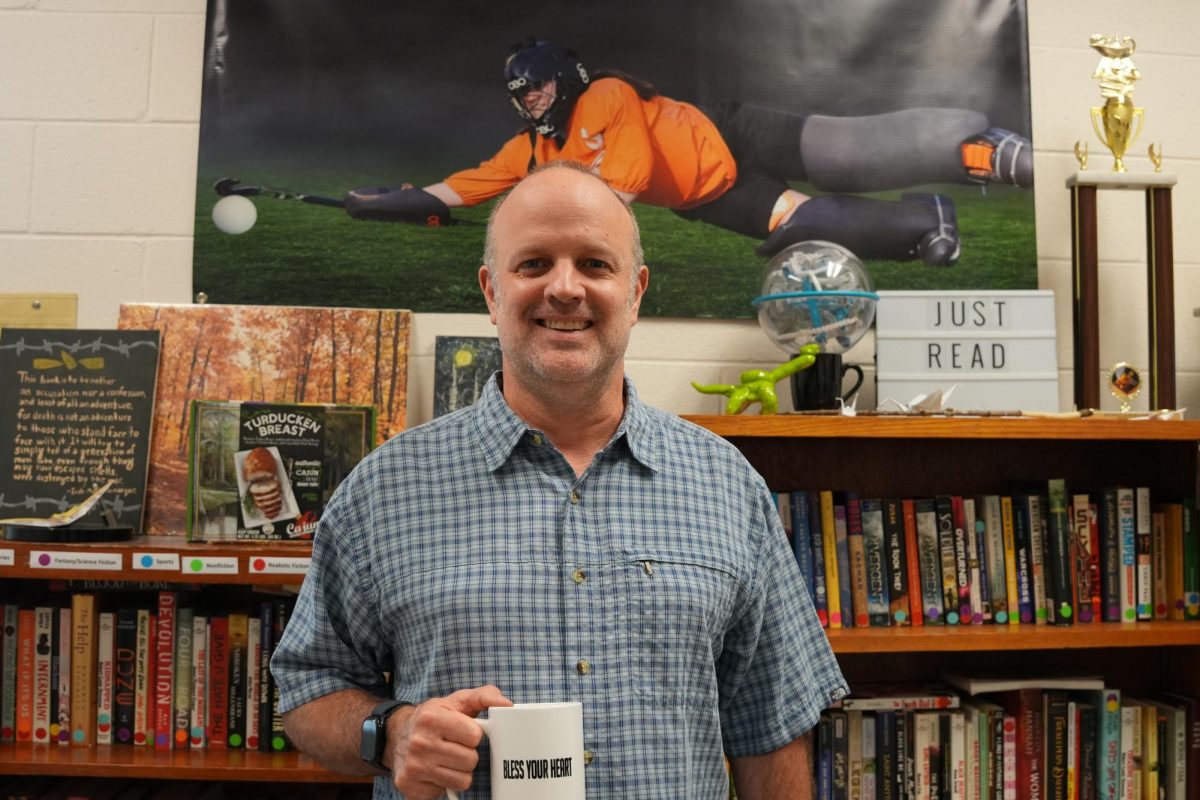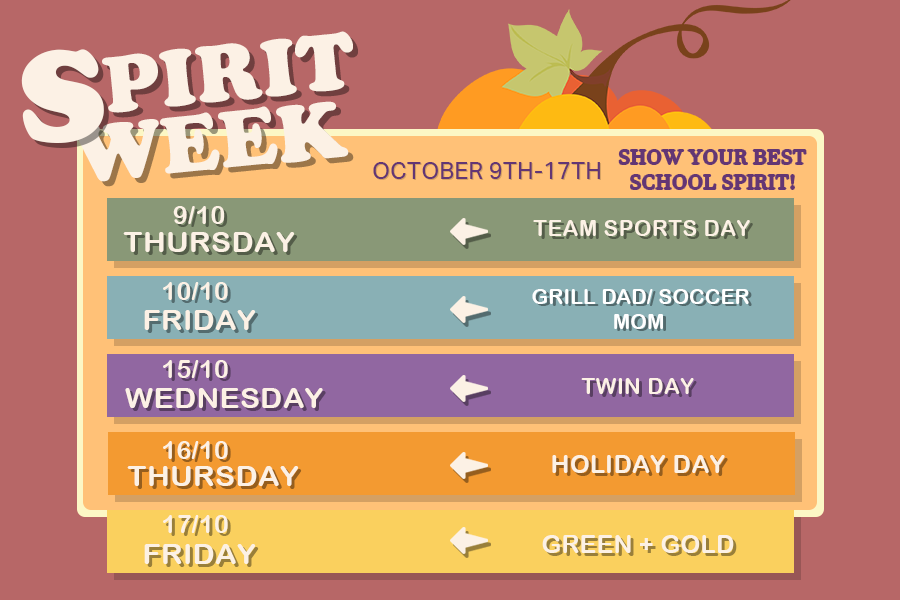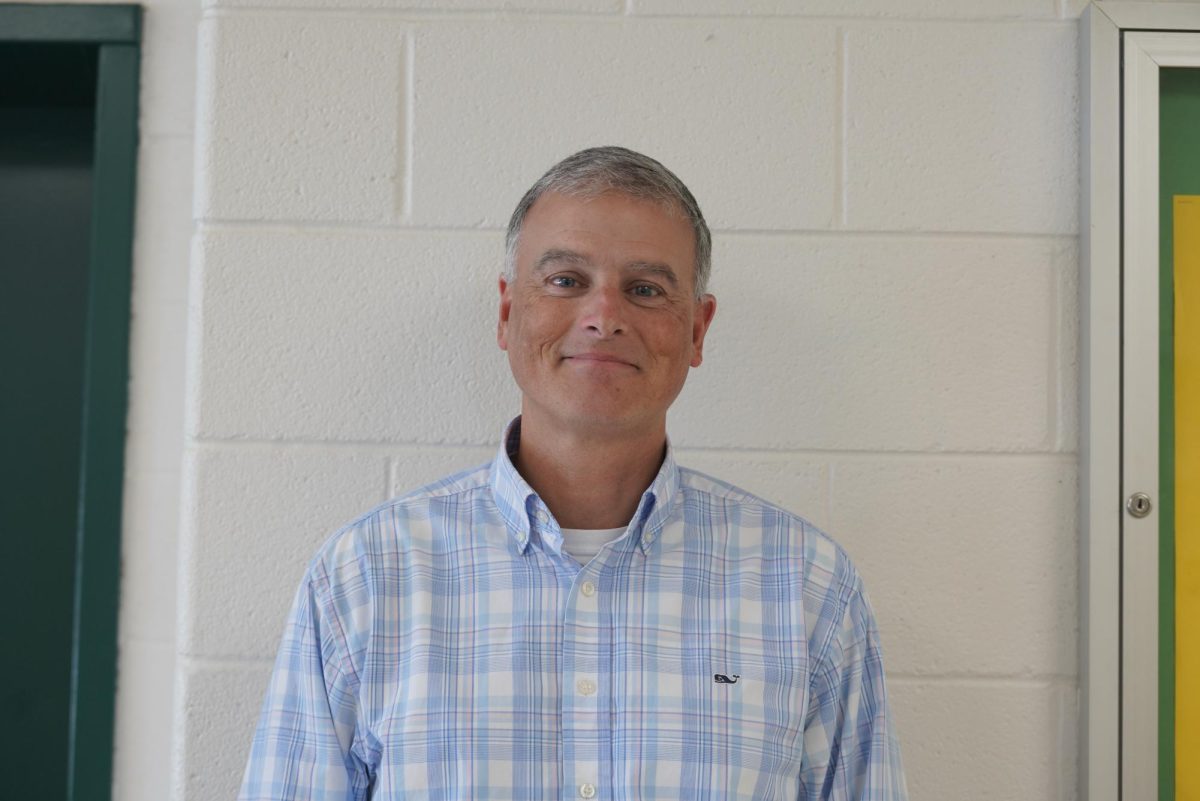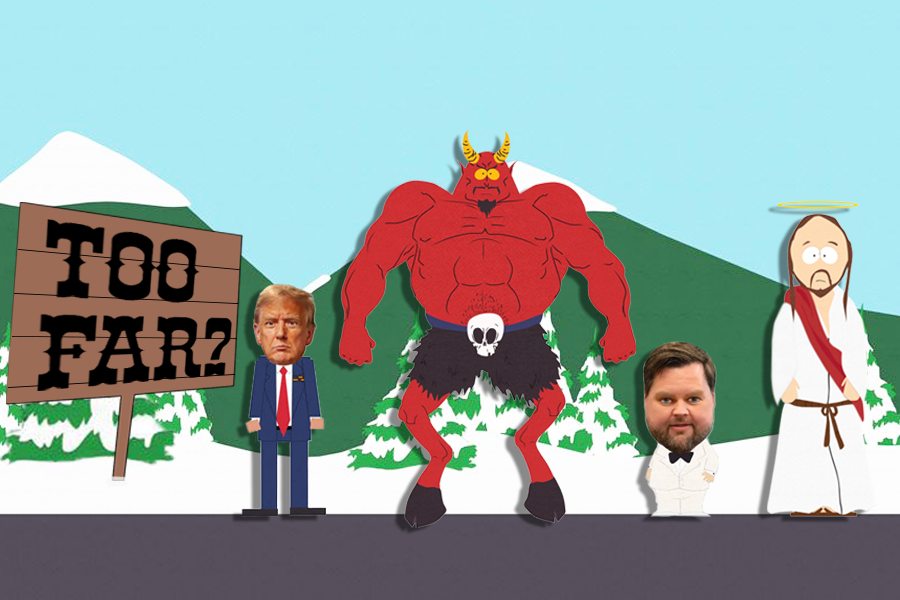19 years ago, one of the most well-documented and intense hurricanes made landfall, Hurricane Katrina. Ever since, many hurricanes have been dubbed “Hurricane Katrina 2,” including Hurricane Milton, which made landfall in Tampa, Florida on Wednesday, Oct. 9 and Hurricane Helene which touched down on the coast of Florida and roared its way up to the mountains of North Carolina. Hurricane Helene and Milton were especially intense for the East Coast states, due to the intense flooding, high wind speeds and their proximity to States such as Florida and the Carolinas, which puts the lives of millions at risk.
“Many people live at or near coastlines on the East Coast, especially Florida. These areas have been and will continue to be heavily influenced by tropical storms because they form in warm waters in the South Atlantic, Caribbean and Gulf of Mexico,” science teacher Ronald Jester said.
But why do hurricanes seem to get stronger every year? There are a few possible answers, but only one undeniable cause: humans.
“The main reason for the increase in damage is from increased human populations and properties near coastlines,” science teacher Karl Koeval said.
Hurricanes are formed by the mixture of a low-pressure system, warm water, moist air and the Coriolis effect. The Coriolis effect is the effect of the earth’s rotation on wind and air currents, sending it to the northern or southern hemispheres. Hurricanes use warm water as fuel; the more warm water a hurricane receives, the worse and more devastating it will be. Greenhouse gasses cause global warming by turning our atmosphere into a sponge, letting heat from the sun in and trapping it, causing the entire earth to get warmer. This is one of the many reasons why both Hurricane Helene and Hurricane Milton started in the Gulf of Mexico. The water in the Gulf has continuously gotten progressively warmer due to the gulf’s structure, which directs heat from the Caribbean into the Gulf, making hurricanes form easier and feeding them more fuel. This made them stronger and more violent which later led to them hitting the coast and taking the lives of at least 300 people.
One of the only ways the amount of damage and casualties could be reduced is to move people away from the coast into less hurricane-imminent areas. However, considering about 120 million people live on the East Coast and 129 million people live on all coasts combined inside the United States, it wouldn’t be practical to enforce. It is also a common thought that the government can build stronger structures and more storm shelters, but frankly, neither people nor the government could afford all of those changes and improvements.
“Not living near the ocean is unrealistic. Building better structures is an answer but this is costly and it may not matter anyway because Mother Nature always wins,” Koeval said.
Many people were feeling the personal repercussions of Hurricane Helene. This sparked a fire—a fire to provide help and support to those who were left without power or water, especially those who had lost their homes. But many are concerned about how they can aid those in need. Donating supplies may be helpful, but with the extent of the damage, most of North Carolina’s mountains will still be affected by the hurricane for years to come. Preventing the damages before they have a chance to happen would be a logical solution, but is that possible? Hypothetically, it could be.
“Learn from the past. Look at historical data and use computer modeling to help build infrastructure in areas that are less prone to flooding. Use building techniques that are designed to withstand this type of event. Lastly, educate the public,” Jester said.
A common assessment of how hurricanes might be getting stronger is global warming and climate change. While this could be a cause, there isn’t enough scientific evidence or data to prove this.
“Since we know that warm water is of course fuel for a hurricane theoretically let’s say that could increase the size of hurricanes but has that happened? I don’t know that there’s enough data to conclusively say because there are a number of factors. It could potentially cause an exponential increase. A lot of factors also need to be taken into consideration, such as where hurricanes hitting landfall-wise and how large the hurricane is,” science teacher Micheal Brieger said.
With all that being said, hurricanes are only going to get stronger as time goes on, climate change and global warming may have a tremendous impact on how hurricanes form and why they’re only getting more aggressive. We as humans can do multiple things to prevent global warming like using less fossil fuels, carpooling and using more renewable resources. Weather is an essential factor of life on this planet we call home, weather will forever be evolving, so staying informed and prepared could be the factor between life and death, stay alert and prepared for ever-changing weather.
Stronger Storms, Greater Impact: How we can prevent hurricanes from getting stronger
Tucker Harper, Features Guest Writer
November 1, 2024
A city before and after the effects of a hurricane.
2
Donate to The Zephyr
$125
$500
Contributed
Our Goal
Your donation will support the student journalists of WEST FORSYTH HIGH SCHOOL. Your contribution will allow us to purchase equipment and cover our annual website hosting costs.
More to Discover
About the Contributors

Tucker Harper, News Editor
This is Tucker’s second year on the Zephyr and his first year as News Editor. Tucker is a self-described Monster Energy addict and a collector of shiny things. His favorite band is Avenged Sevenfold, and he enjoys taking part in the West Forsyth choir.

Chance Beckmann, Photography Editor
Chance Beckmann is a senior and is thrilled for his first year as a staff member on the Zephyr. He is focused on photography, with a leg in sports writing. When he’s not working on the Zephyr, he’s thrifting, hooping, or laughing.


